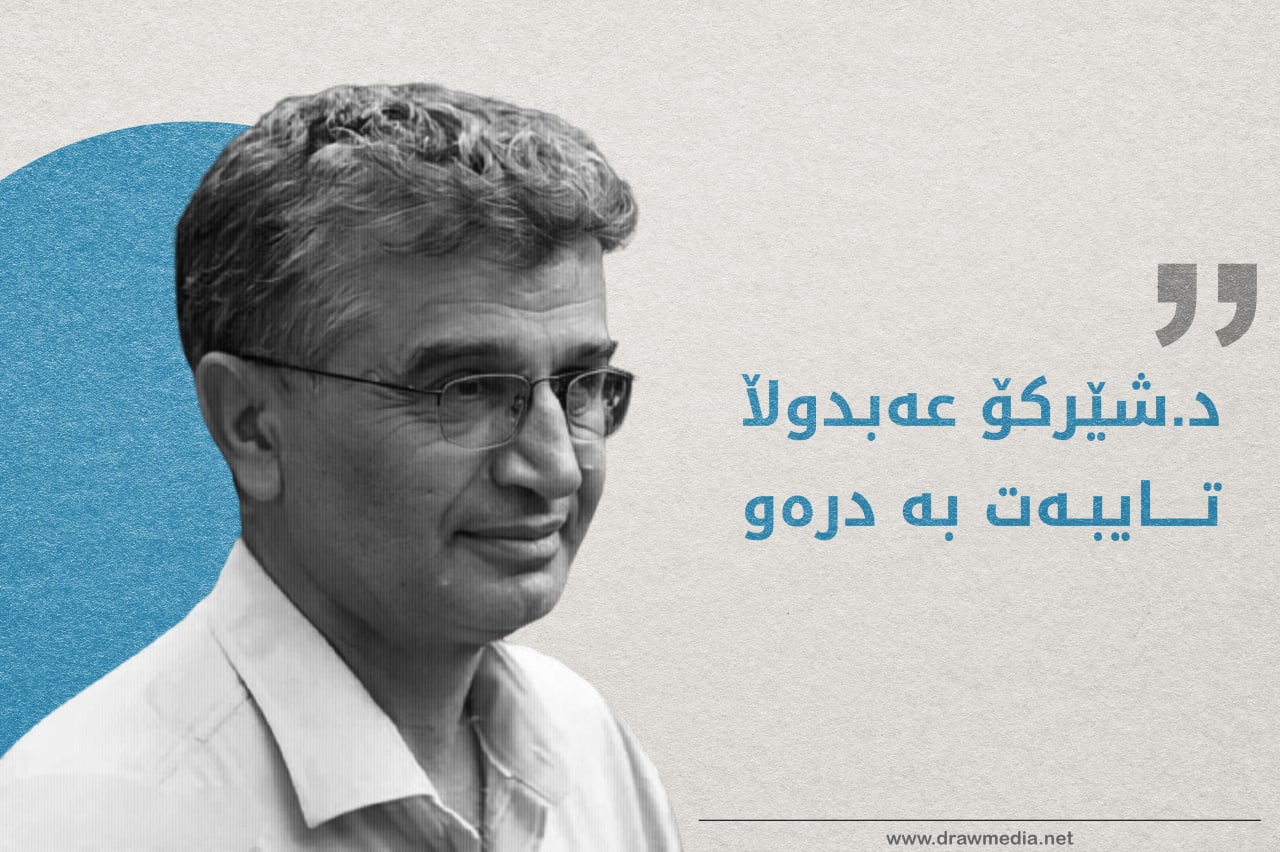Kurdistan’s Fading Dream: The Struggle and Despair Behind Erbil-Baghdad Relations
.png)
2023-10-29 19:18:29
Gulf International Forum
Bekir Aydoğan & Mehmet Alaca
On September 25th, 2017, the Kurdistan Region of Iraq (KRI) held an independence referendum in the face of pressure from regional and global powers. It was a historic moment as 93 percent of Iraqi Kurds voted to secede from Iraq. Undoubtedly, the horrors of Baathist chemical attacks and the budgetary cuts and discrimination of the last two decades under the new government in Baghdad had fostered the separatist sentiment that came to a head in the pivotal vote.
In the run-up to the referendum, the KRI found itself in a strong strategic position. Its economy was in good standing; it had controlled the oil-rich city of Kirkuk since Iraqi forces had abandoned it three years earlier, and it was selling this oil to Turkey independently of Baghdad. Despite Baghdad’s budget cuts, the KRI managed to remain financially self-sufficient. All the while, the KRI continued to receive military support from the West. The United States and its allies heaped praise on the Kurdish forces for their invaluable assistance defeating the Islamic State.
Six years after the referendum, however, the Kurds find themselves far from independence due to internal political strife and a raft of economic and security crises. To make matters worse for the KRI, successive central governments in Baghdad have preferred to punish the Kurds instead of taking steps to strengthen a shared Iraqi identity. In fact, Baghdad has made a deliberate effort to limit the KRI’s autonomy—seeking to bring Kurdistan in line with Iraq’s other provinces.
Baghdad Reasserts Control
In the years since 2017, the Iraqi state has moved to crush any hope of an independent Kurdistan. Less than a month after the independence vote, Iraqi forces took full control of the oil-rich province of Kirkuk, the disputed territories between Erbil and Baghdad, the airport, and several important border crossings. In this process, Tehran and Ankara’s policies prioritizing Baghdad and western countries’ emphasis on the unity of Iraq encouraged Baghdad to take sharp steps to increase the KRI’s loyalty to the federal government.
The Iraqi Federal Court ruled the KRI’s independent oil sales illegal, and the Iraqi parliament placed greater restrictions on payments to the Kurdish provinces. These steps have undermined the KRI’s financial integrity and paved the way for Baghdad to treat Erbil and Sulaymaniyah—the two constituent provinces that make up Kurdistan—as separate entities in the future.
External pressure has also contributed to Kurdistan’s isolation. In March 2023, the International Chamber of Commerce’s Court of Arbitration in Paris ruled against Turkey, obliging Ankara to pay Iraq around $1.5 billion in a long-running dispute with Iraq regarding crude oil exports from the KRI. Turkey subsequently halted the flow that leads to Ceyhan Port, forcing the Kurds to sign a deal with Baghdad to sell oil through the federal government. Placing the sale of oil, which accounts for almost 80 percent of the KRI’s budget, under Baghdad’s authority hamstrings any attempt at Kurdish autonomy.
Without oil revenues or payments from the central government, the KRI cannot hope to pay its civil servants. Though KRI officials have traveled to Baghdad on almost 20 occasions to strike a more equitable budget deal, the negotiations have proven fruitless. When he was asked why civil servant salaries had not been paid, KRI Finance Minister Awat Janab Noori simply replied, “ask Baghdad.”
Kurdish Infighting
Infighting among Kurdish political parties have only hastened the KRI’s decline. The historical rivalry between the Patriotic Union of Kurdistan (PUK) and the Kurdistan Democratic Party (KDP) has brought Sulaymaniyah to the edge of seceding from the KRI, threatening to bring it into Baghdad’s orbit. PUK officials are no longer hiding their desire to court Baghdad. Indeed, President of the Diwan of Council of Ministers, Umed Sabah, said that the federal government treats the region as a province rather than an autonomous region. This statement reveals that Kurdish suspicions in this regard have grown. Meanwhile, KRI PM Masrour Barzani’s recent letter to U.S. President Joe Biden, pleading for help with Kurdistan’s economic and political crises, is a clear sign of desperation.
The PUK/KDP split intensified shortly after the referendum, when the KDP accused the PUK of “treason” for withdrawing PUK Peshmerga from Kirkuk on October 16, 2017. The rift between the two parties has deepened ever since. The PUK’s close ties with Iran-backed Iraqi Shiites prevent the formation of a common Kurdish front that prioritizes the interests of the KRI. The PUK argues that the KRI budget and services provided to Sulaymaniyah are lacking, while the KDP claims that the city’s revenues are not transparent.
As the rift between ruling parties widened, KRI Deputy Prime Minister Qubat Talabani, a member of the PUK, refused to attend cabinet meetings for months, and deputies of both parties broke into a scuffle during a session in the Kurdish Parliament. The rift between the ruling parties entered into a very dangerous stage after an Erbil-based court sentenced PUK’s head of Counter Terrorism Forces (CTG) and five other members to death over their alleged involvement in the assassination of a former PUK colonel in Erbil.
Furthermore, attempts to unify the KDP and PUK Peshmergas—a move encouraged by the U.S. and its western allies—has stalled. Although the two parties have resumed talks for fear of losing the $20 million in monthly aid the U.S. provides the Peshmerga forces, the talks have not yielded any results.
Bitter disagreements of the ruling parties only serve to advance the interests of Baghdad and erode the KRI’s autonomous status and make it more dependent on the central government. Part of the split between the Kurdish parties can be explained by systemic factors; with the KDP’s control in Erbil and Dohuk and the PUK’s influence in Sulaymaniyah and Halabja, their dual administrations prioritize party interests, instead of institutionalizing under a single roof. However, these split interests have devastating real-life consequences. For example, The KDP and PUK will run on different lists in the provincial elections to be held in Kirkuk on December 18, 2023. Baghdad, which six years ago dismissed Kirkuk’s Kurdish Governor Najmiddin Karim for supporting the referendum, is eager to keep the current Arab governor after the elections. The KDP and PUK are likely to lose the governorship again in the city if they cannot unify behind a single list. It seems that no lesson has been learned from the loss of Kirkuk.
A Referendum Long Forgotten
Six years after celebrating victory against the Islamic State, the Kurds remain at the center of regional and domestic conflicts. Turkey regularly conducts airstrikes and drone attacks against the PKK and maintains several military outposts in the KRI. On the other hand, Iran tried to take revenge on the U.S. by bombing Erbil after Washington’s killing of Iranian commander Qasem Soleimani in Baghdad in 2020. Tehran also launched a ballistic missile attack on the house of a Kurdish oil tycoon, claiming that it was targeting an Israeli base in Erbil. At the same time, Tehran has continued carrying out deadly attacks against the opposition Iranian Kurdish groups based in the KRI, giving a deadline of September 19, 2023 for these groups to be disarmed and moved to camps. If Kurdish forces do not comply, it is possible that Iran, like Turkey, will cross the border to conduct ground operations and establish military bases in the KRI. In addition, the occasional clashes between the Peshmerga and the PKK and assassination attempts by the KDP and PUK are dragging the region into an increasingly intense spiral of internecine conflict.
Kurds, who rallied in favor of an independence vote six years ago, currently demonstrate against Baghdad’s budget cuts or unpaid civil servant salaries, a widespread lack of water, or mismanagement and corruption in the KRI. The regional elections have been delayed for over a year. Even though the current government’s term has ended, its leaders remain in power instead of transitioning to a caretaker role. However, due to pressing financial difficulties, the public does not view the postponed election as their primary concern. Additionally, few Kurds are optimistic that new elections will lead to significant change.
The ruling Kurdish parties have so thoroughly disappointed society that young people have begun fleeing to Western countries in search of better opportunities. At the same time, the stalled peshmerga reform, inter-party tensions and arbitrary arrests of journalists and activists seem to have frustrated the KRI’s Western backers. It seems that the Kurds, who have become so dependent on the central government and are on the verge of becoming an Iraqi province like any other, have fallen into such gloom and despair that they no longer remember the joy of the referendum. If the KDP and PUK fail to find a realistic solution to this crisis, Baghdad, dominated by Iran-backed groups, may feel empowered to renegotiate the autonomous status of the KRI for good.







.png)
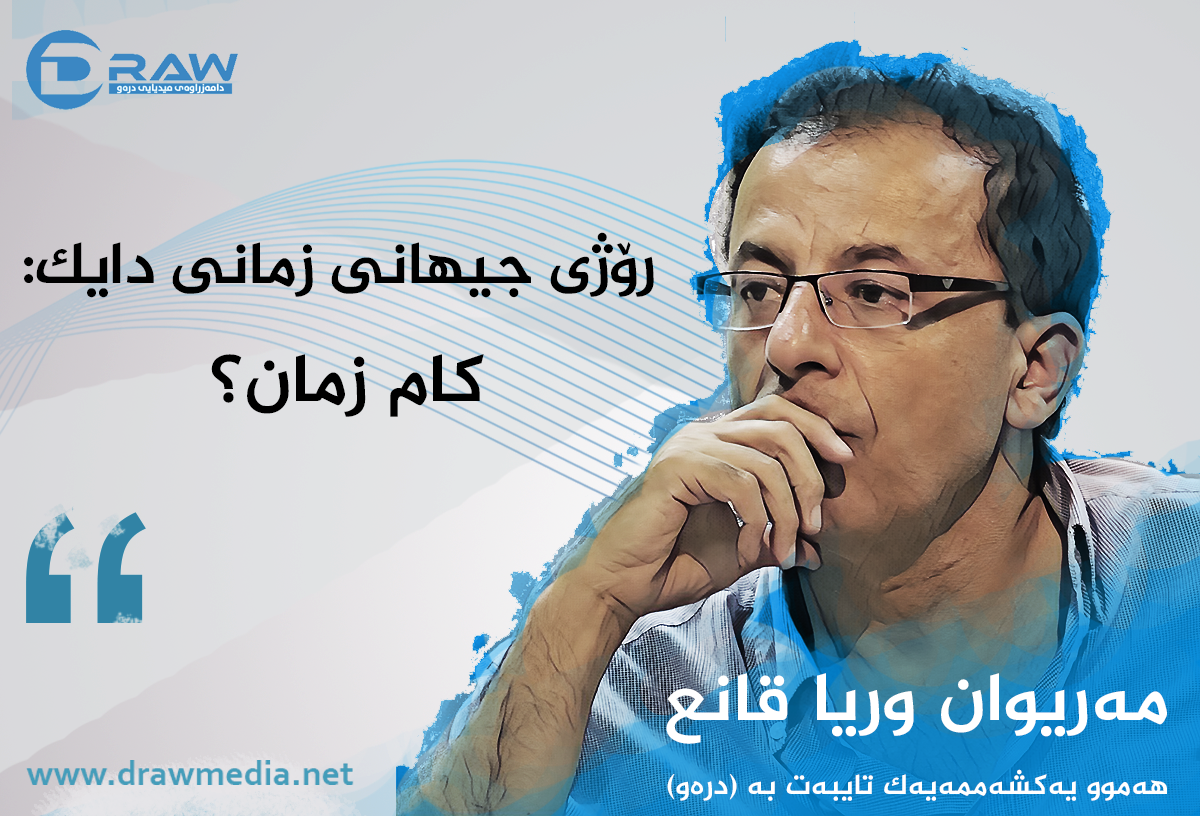
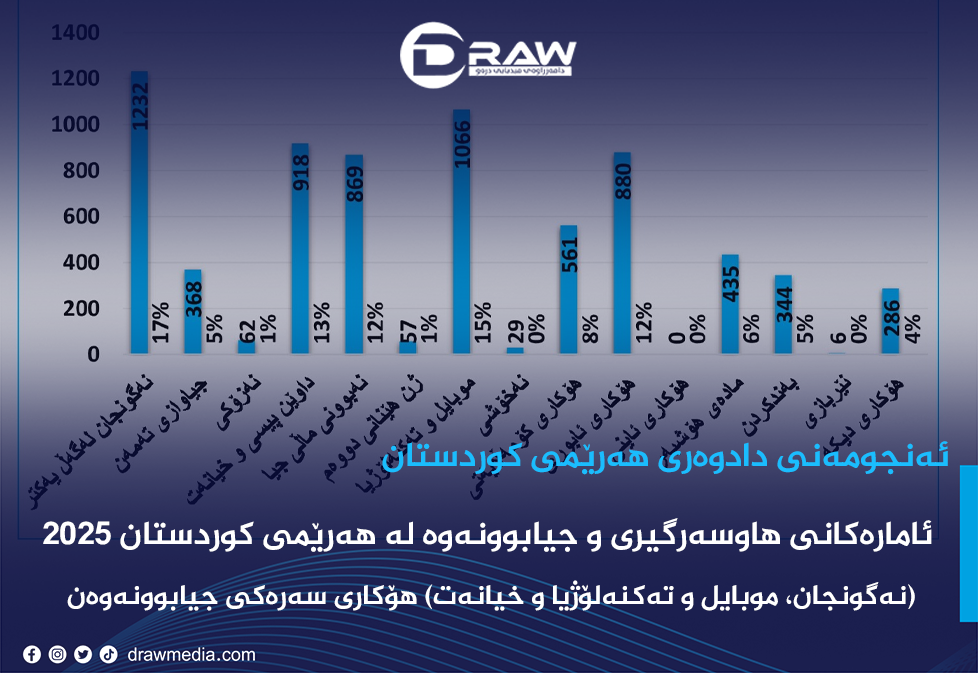
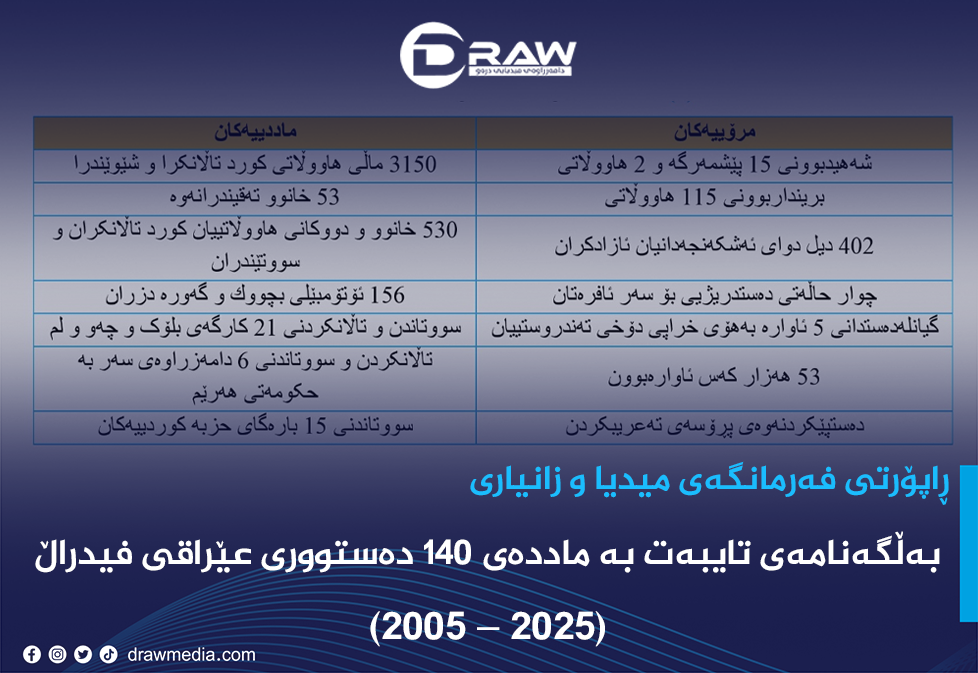
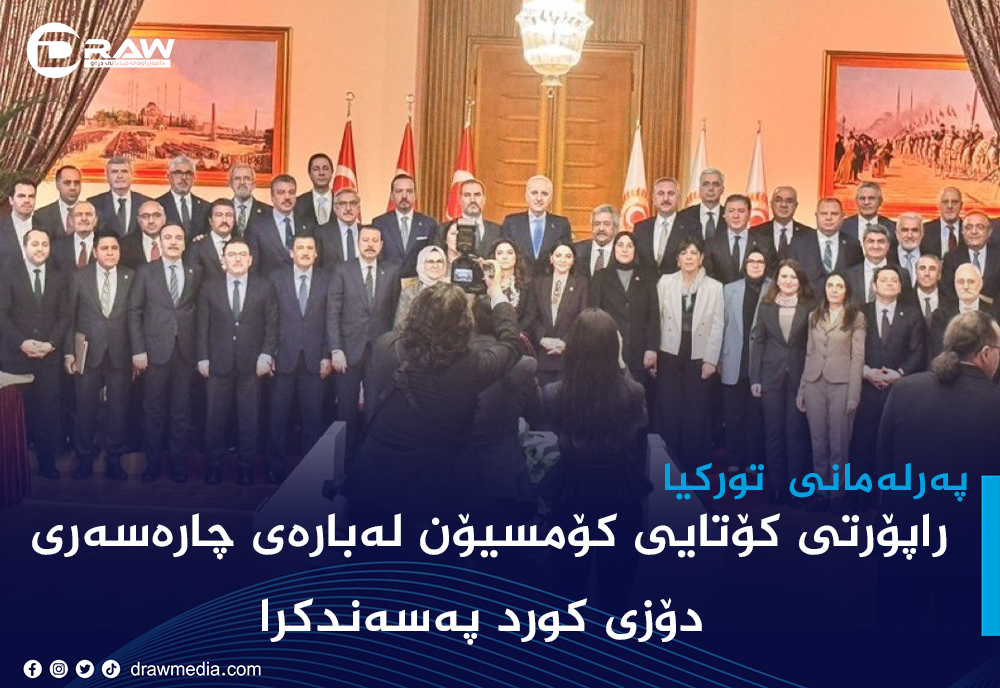
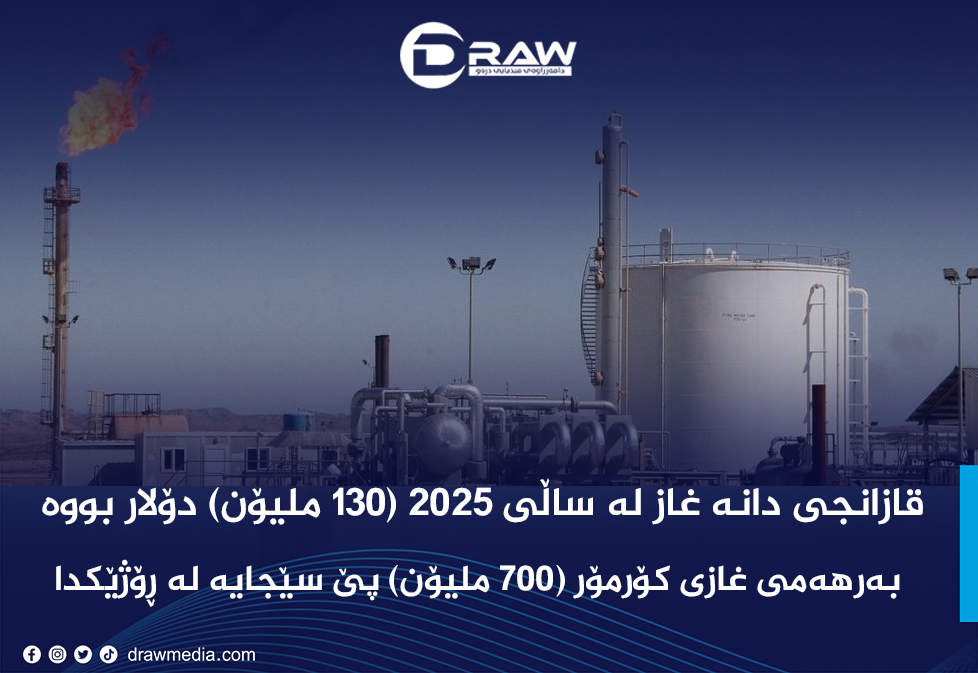
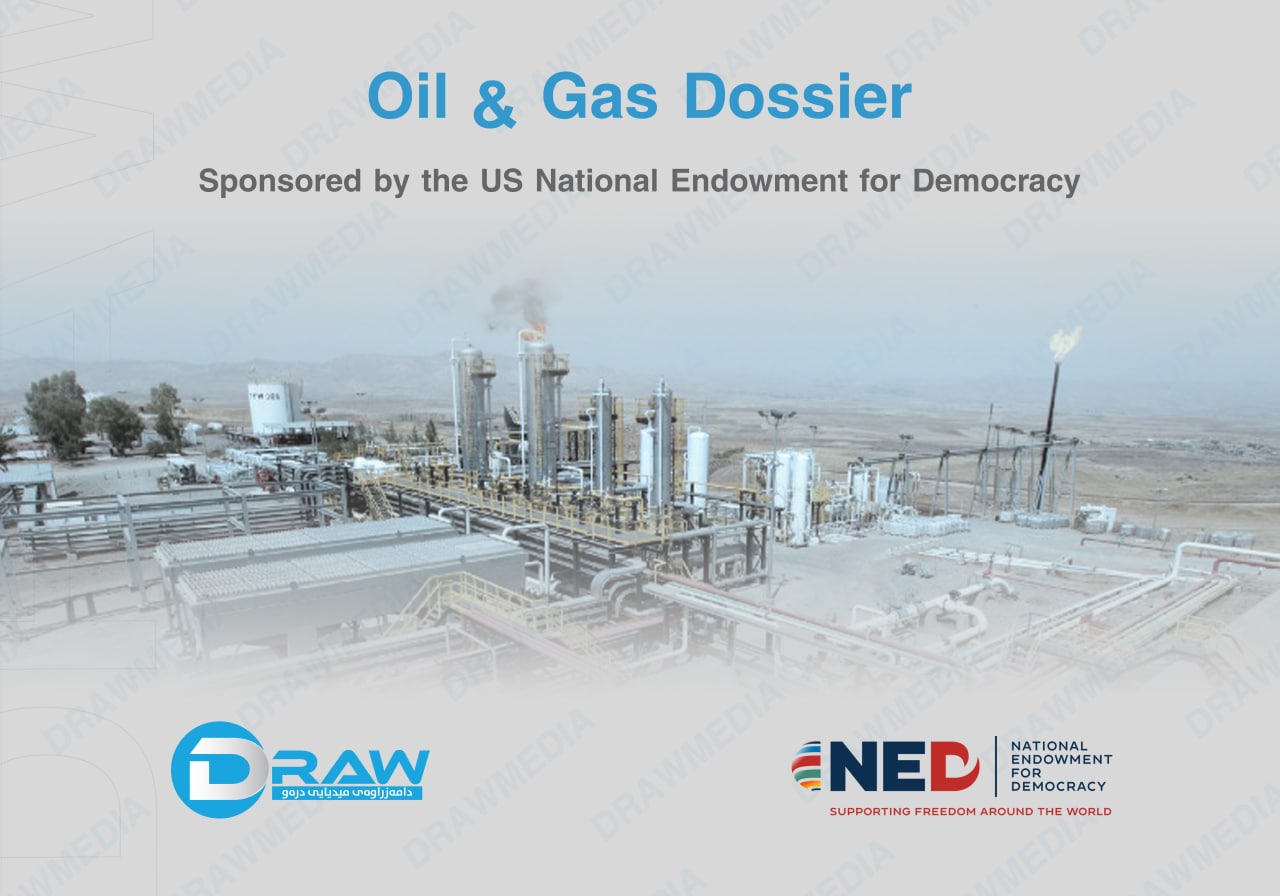

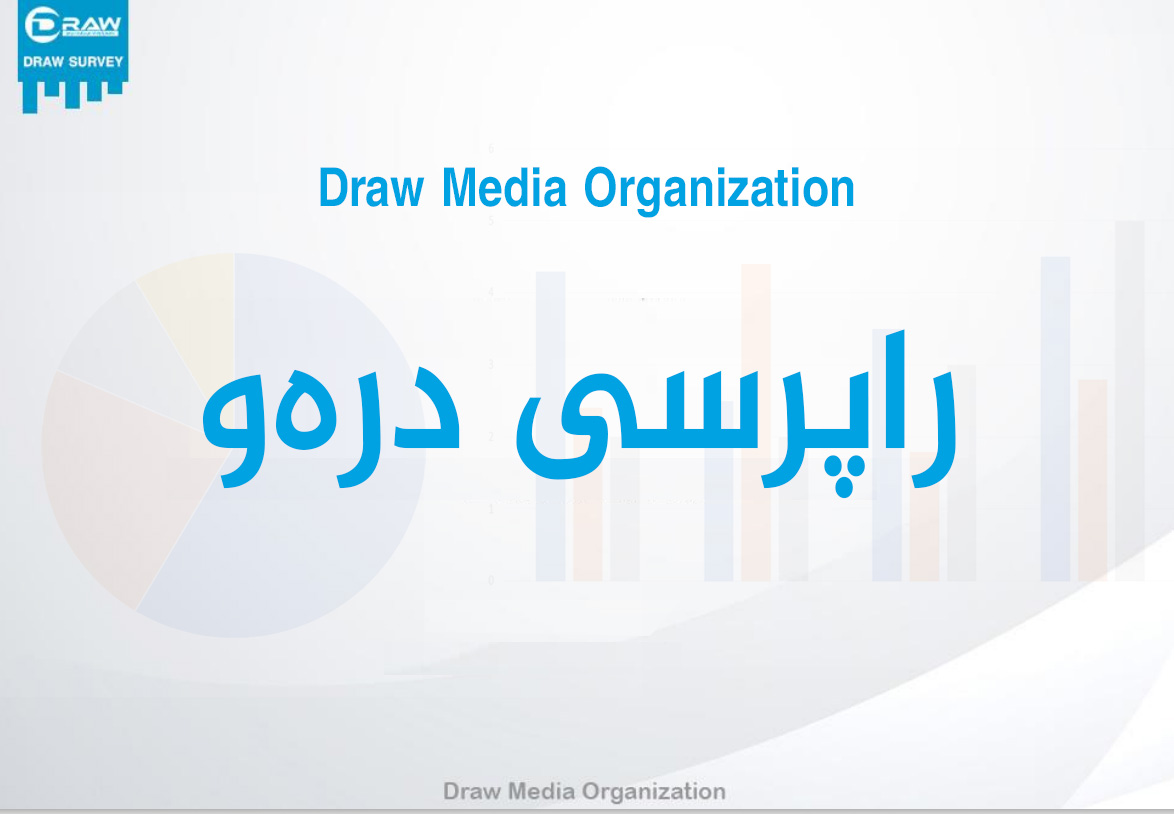
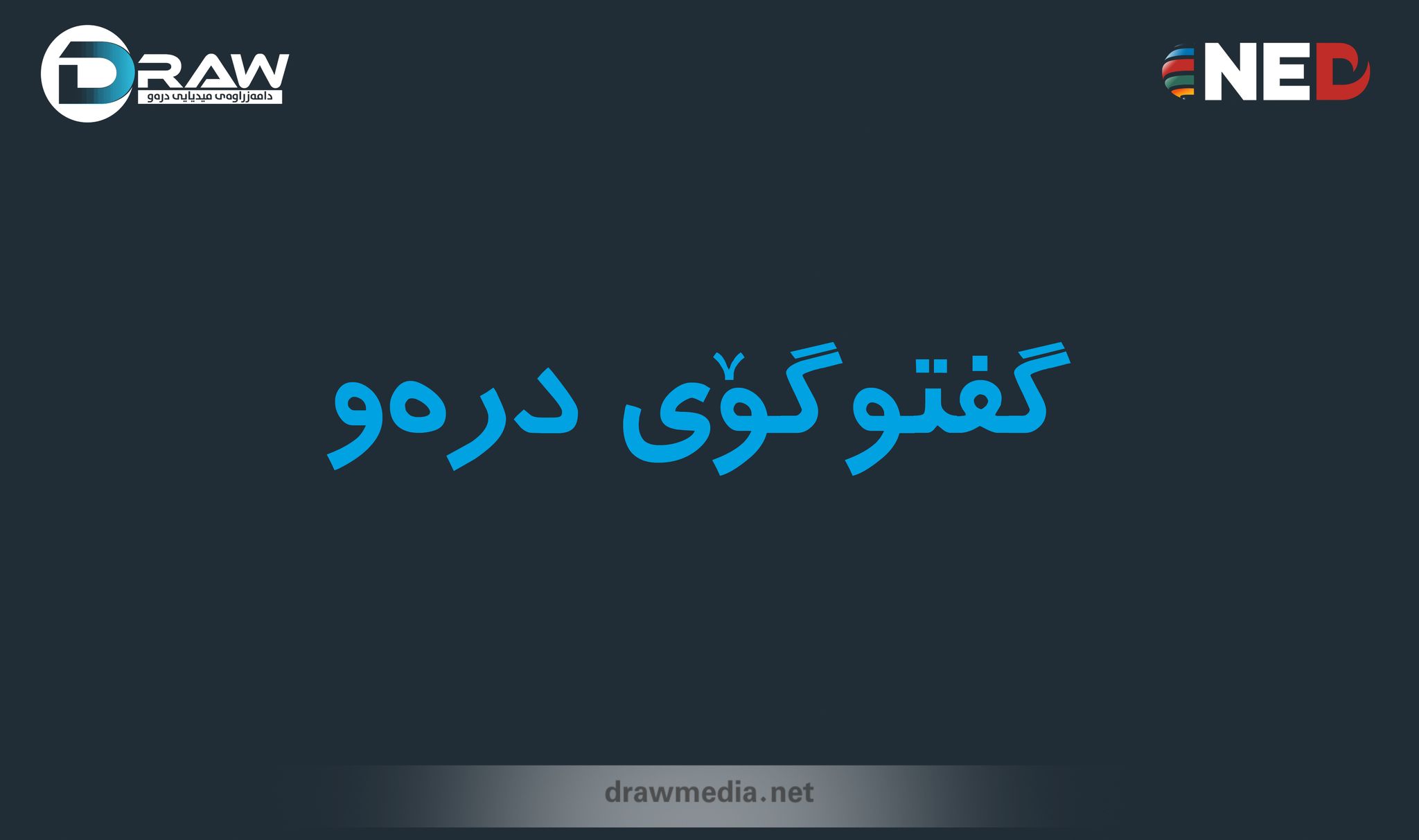
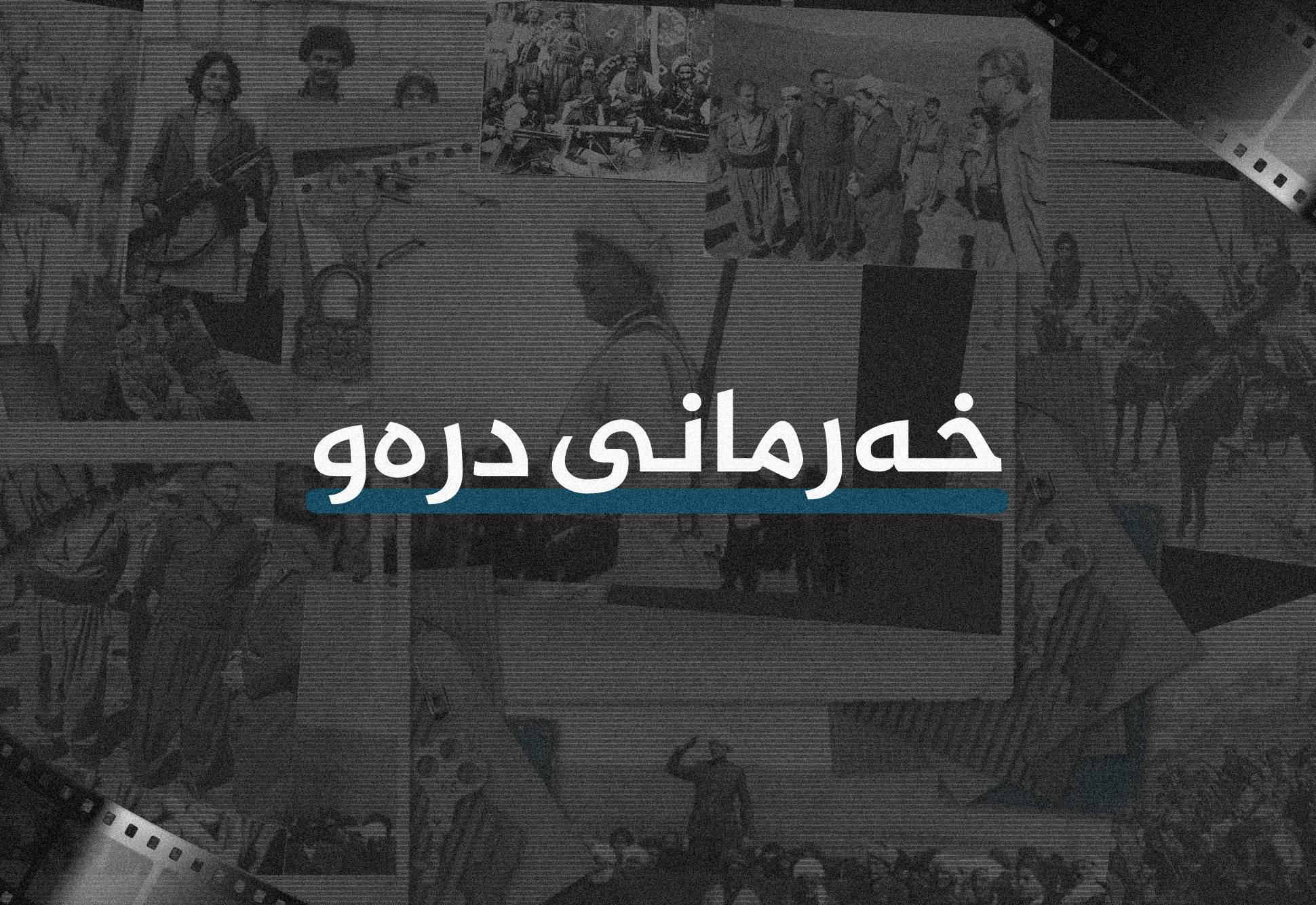
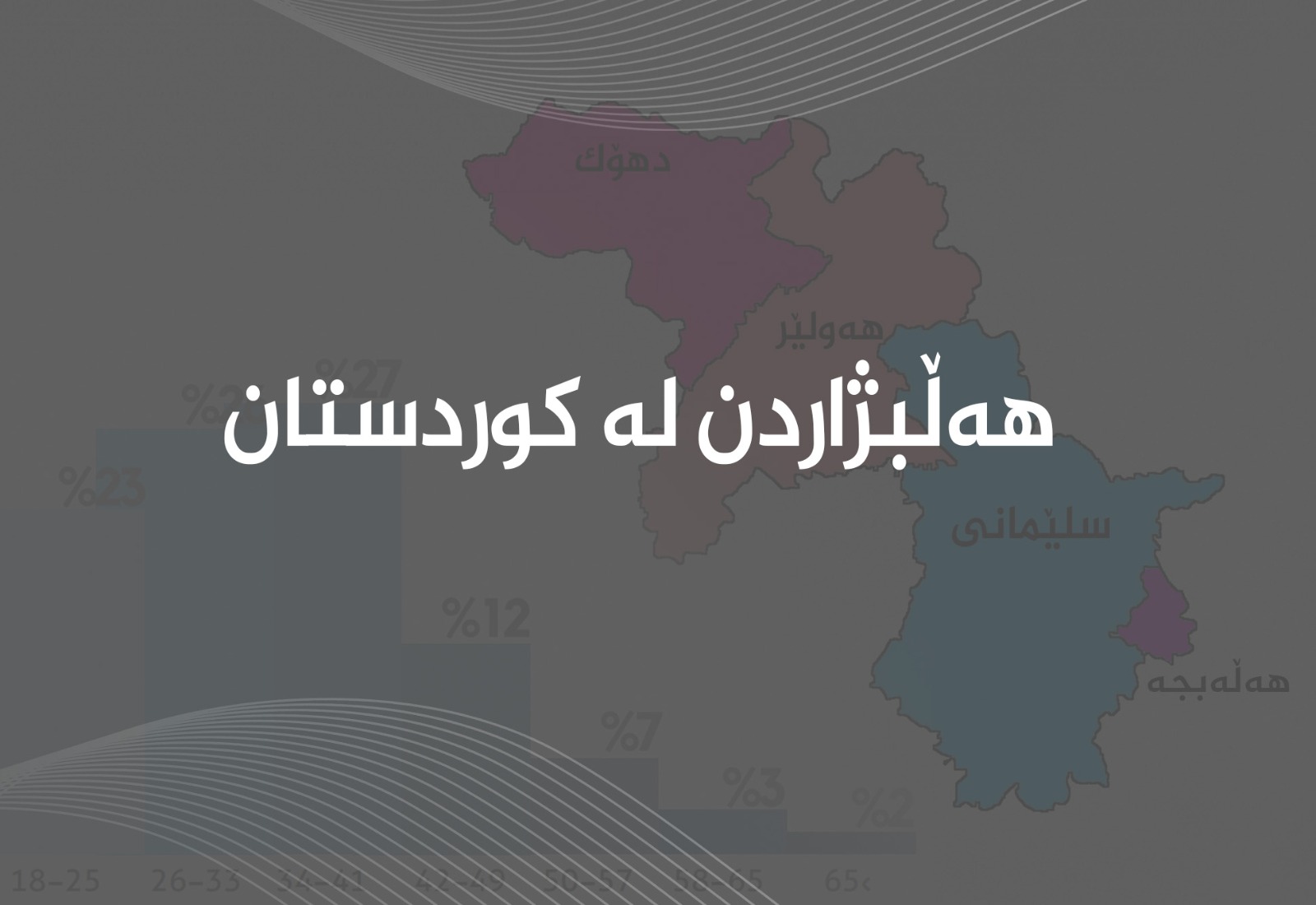
(1).jpg)
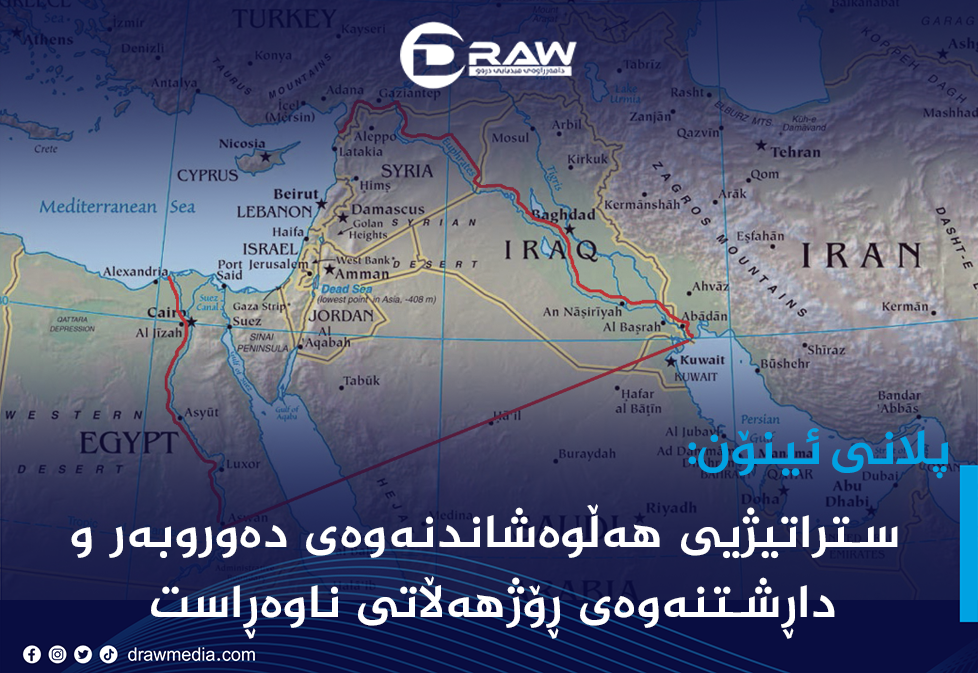
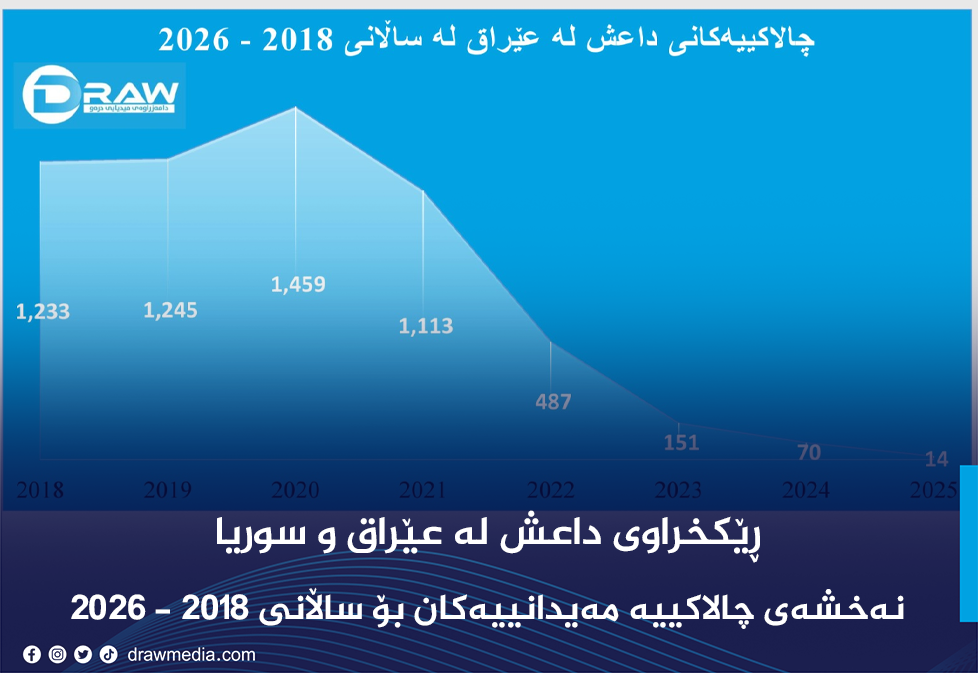
.png)
